Summary
Events Covered on Thursday, 11 July 2019

 The following events were covered by IISD Reporting Services on Thursday, 11 July 2019:
The following events were covered by IISD Reporting Services on Thursday, 11 July 2019:
Photos by IISD/ENB | Mike Muzurakis
For photo reprint permissions, please follow instructions at our Attribution Regulations for Meeting Photo Usage Page
Renewing the Ambition of the 2030 Agenda for Sustainable Development: Civil Society Perspectives on Principles for a Successful HLPF Review
Presented by Together 2030; Action for Sustainable Development; Transparency, Accountability, and Participation (TAP) Network; and Forus
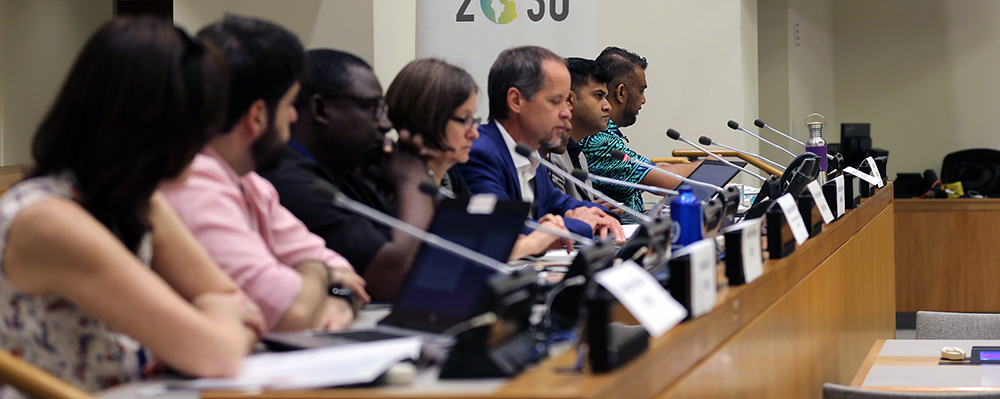
Key messages:
- 2019 High-level Political Forum for Sustainable Development (HLPF) review comes at a critical moment when Sustainable Development Goals (SDGs) implementation is close to reaching five years and the Forum will look at its next cycle, functioning and modalities;
- The HLPF should draw attention to gaps or areas where commitments are lagging and provide political leadership, guidance and recommendations for follow up to accelerate progress; and
- Civil society has elaborated a set of shared principles to guide the upcoming HLPF review and to improve stakeholder engagement.
Taking into account that a review of the functions of the HLPF will occur during the 74th session of the UN General Assembly in September 2019, this side event was organized by a group of civil society platforms to share the outcomes of surveys carried out at the national, regional and global levels, as well as to present recommendations included in the Principles Paper for HLPF review. Guiding principles for the HLPF review were presented as solutions, in particular for its current working methods and organization, to ensure the HLPF delivers on the mandate of tracking progress, providing political guidance, and identifying gaps on achieving the SDGs.
Event summary:
Chris Derksen-Hiebert, World Vision, moderated a panel of speakers representing different civil society organizations. He recognized that each organization has different contributions towards the HLPF review, reiterating the need to “speak in one voice.”
Panelists outlined key principles to guide the upcoming review, notably calling for:
- more ambition of the HLPF based on lessons learned;
- more time for presentation of Voluntary National Reviews (VNR) at the HLPF, as well as greater clarity on VNR alignment with UN guidelines and prior presentation at the national level ahead of the HLPF;
- focus on leaving no one behind to ensure the voice of marginalised people are heard;
- better alignment and integration with other frameworks beyond the Agenda 2030.
Panelists also requested more opportunities for substantial follow up, learning and review, and meaningful participation of major groups and stakeholders in the HLPF.
One speaker highlighted that civil society plays a key role in the 2030 Agenda by monitoring; representing; mobilizing and calling for greater ambition to promote: equality; peace; protection of democratic freedoms; and environmental and climate justice.
For SDGs to be successfully implemented, a panelist underlined that it is necessary to have “the ownership of people” in mind and to encourage discussions at the “grassroot level.”
In the ensuing discussion, participants inquired about concrete plans to move forward and how to ensure participation of civil society, even when governments decide not to prioritize the SDGs.
Event conclusions:
Participants agreed that the HLPF review should focus on the principle of leaving no one behind and enhanced civil society engagement at early stages of political discussions. Participants also called for more solidarity and recognition of the role of local and national governments as vital elements for a successful 2030 Agenda.

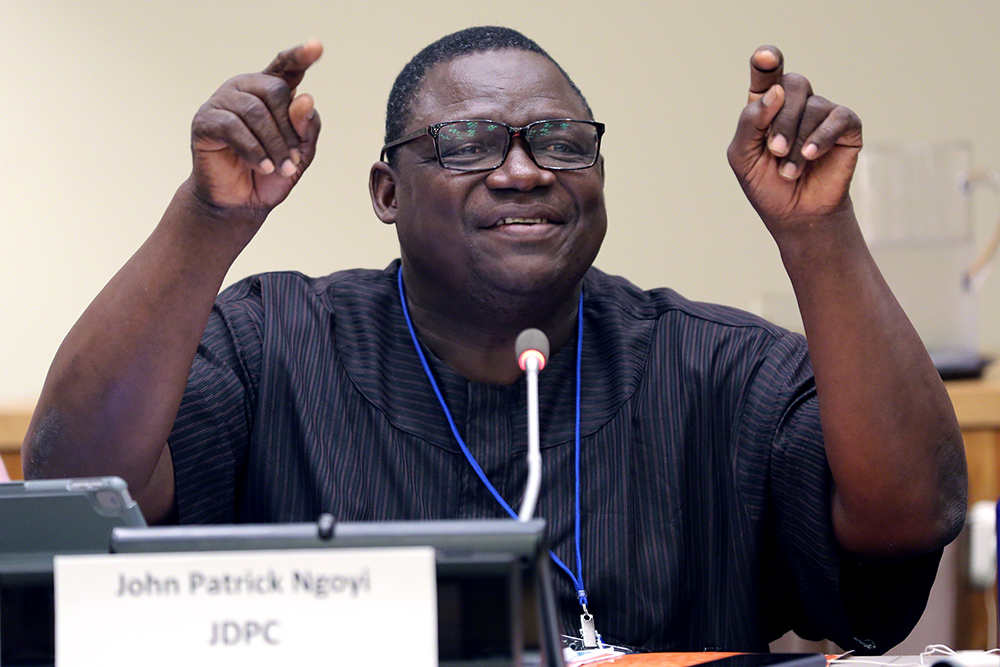
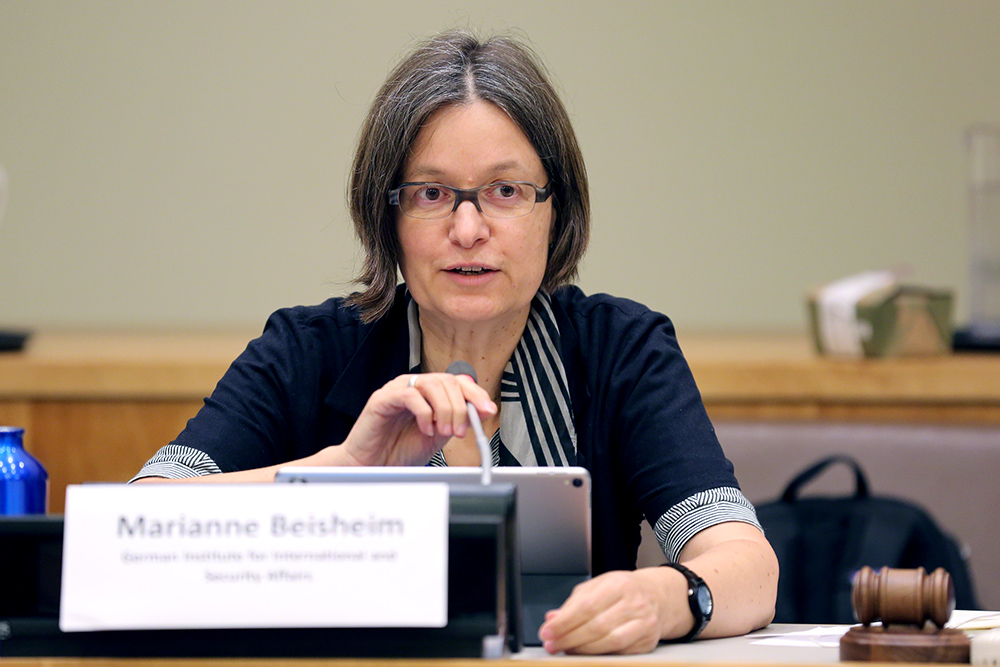
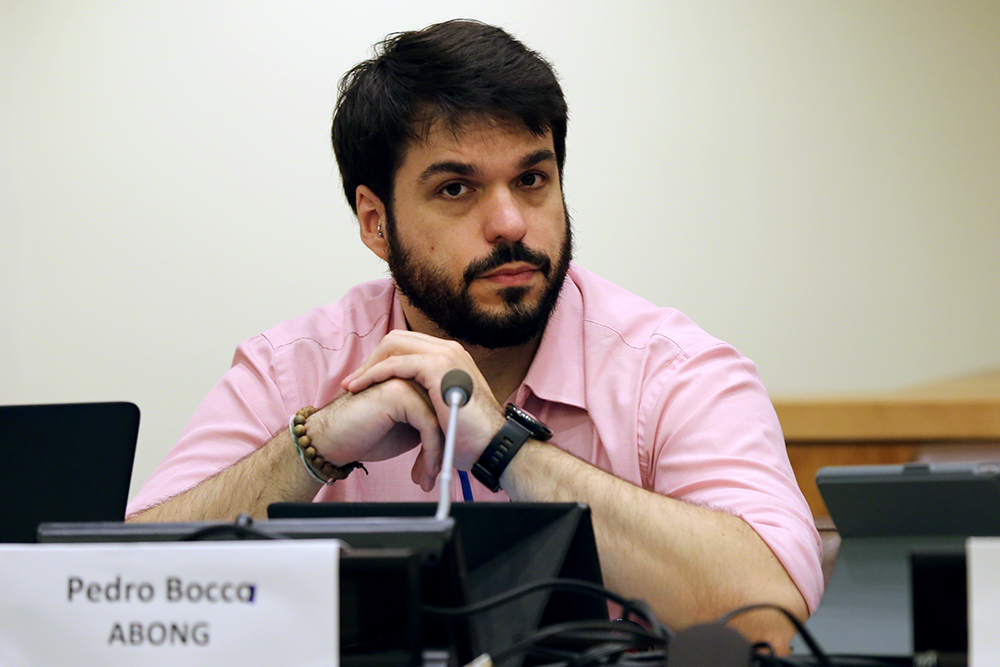
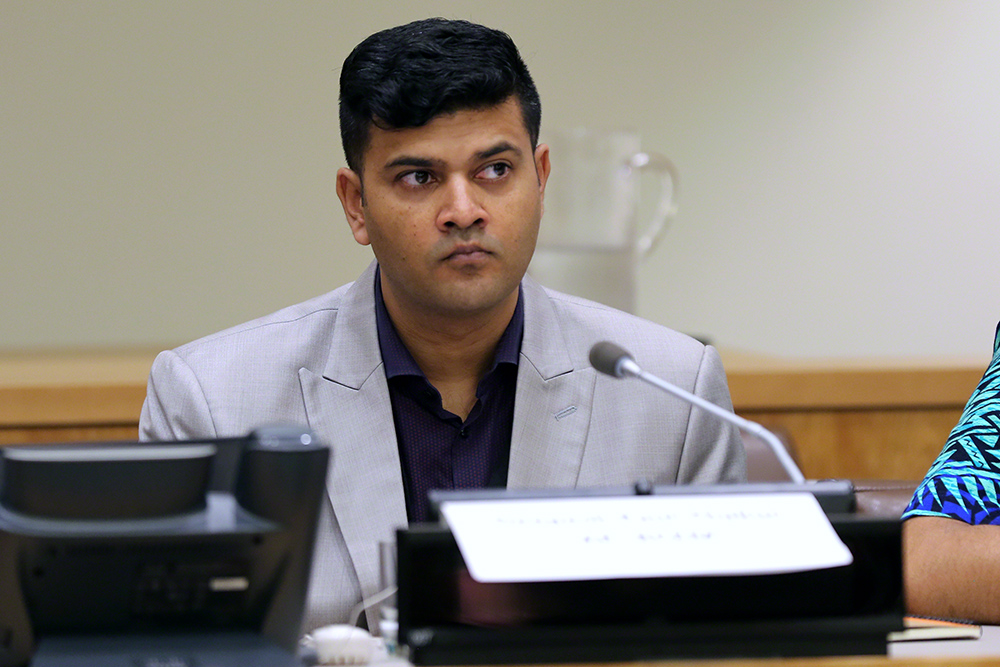
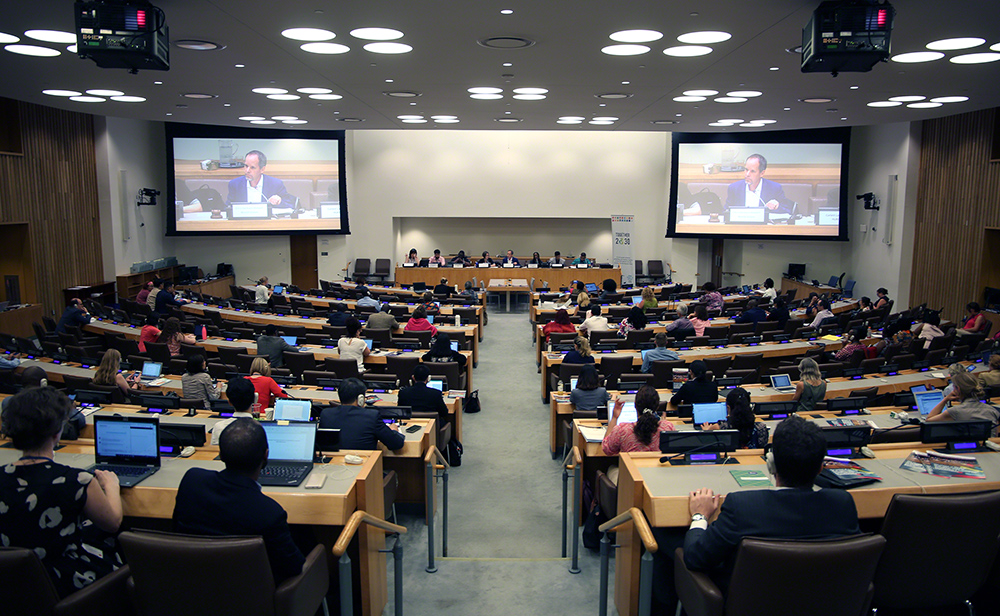
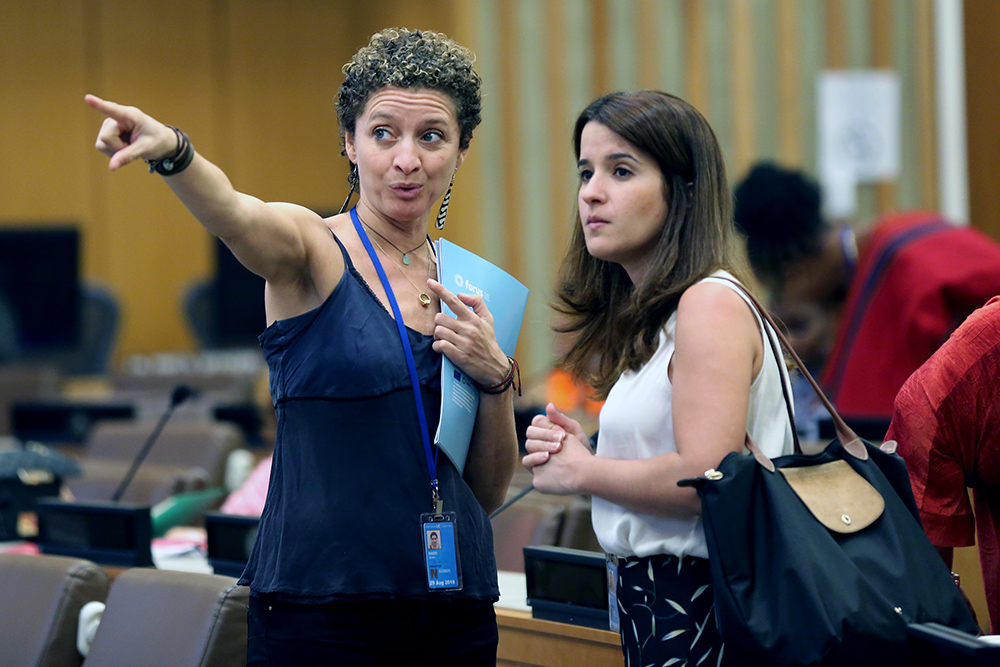
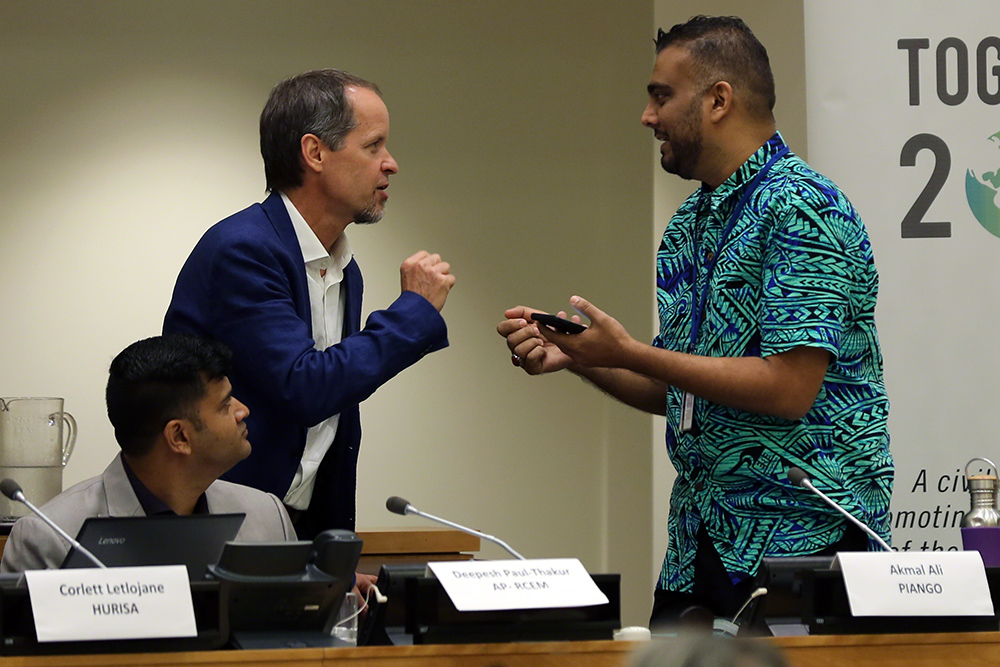
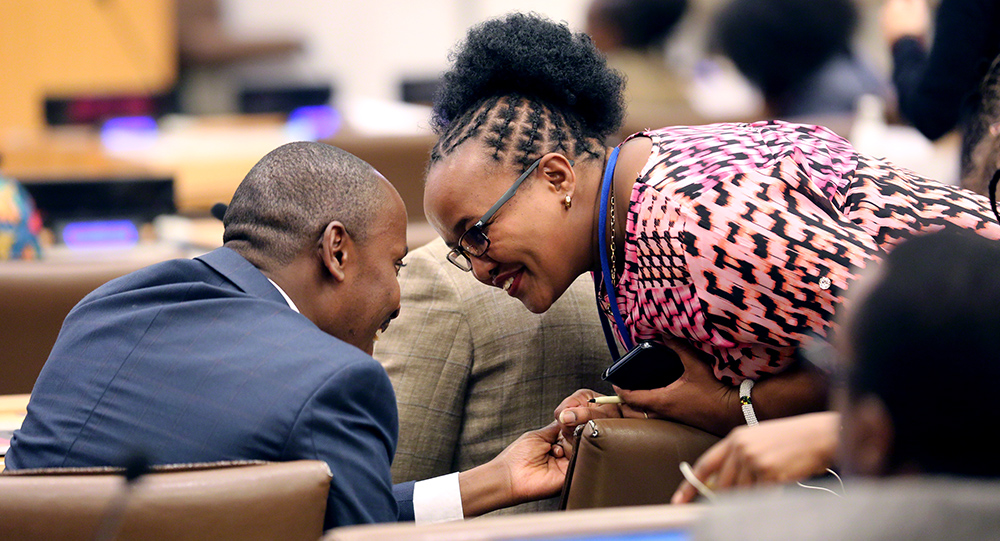
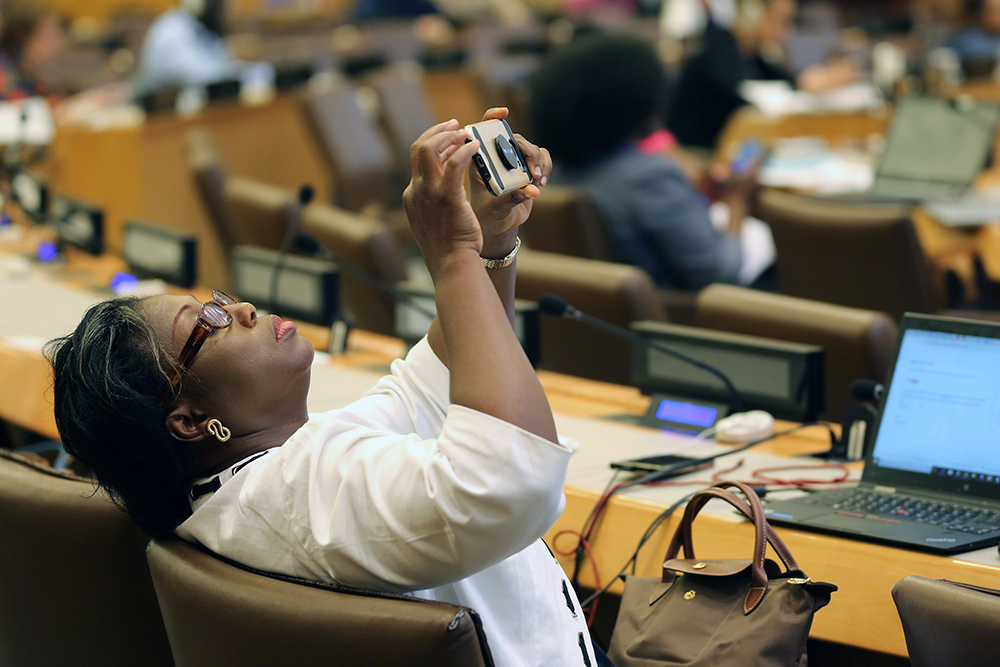
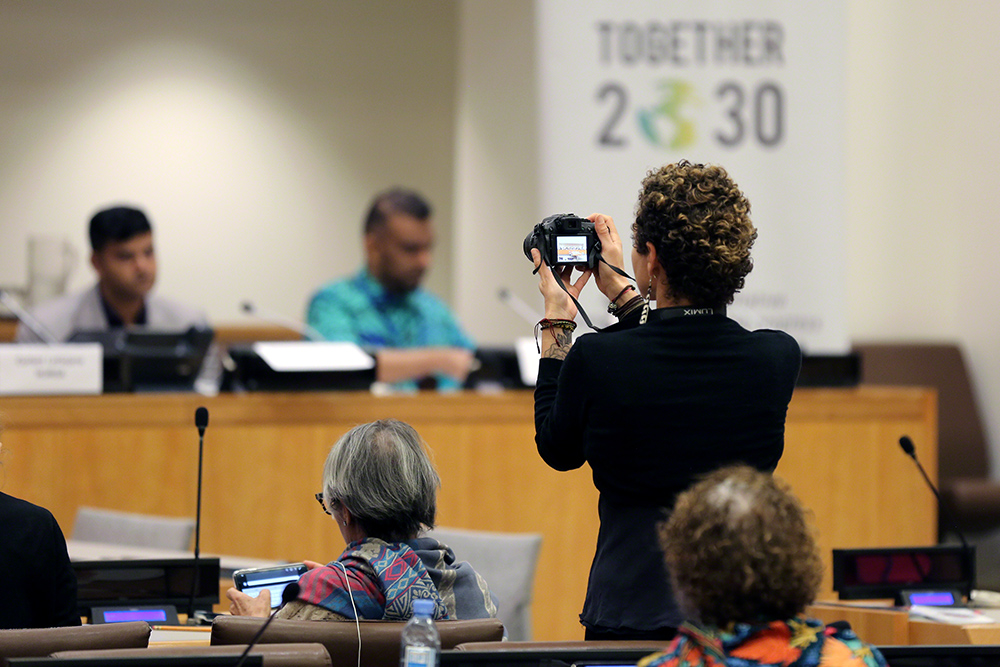
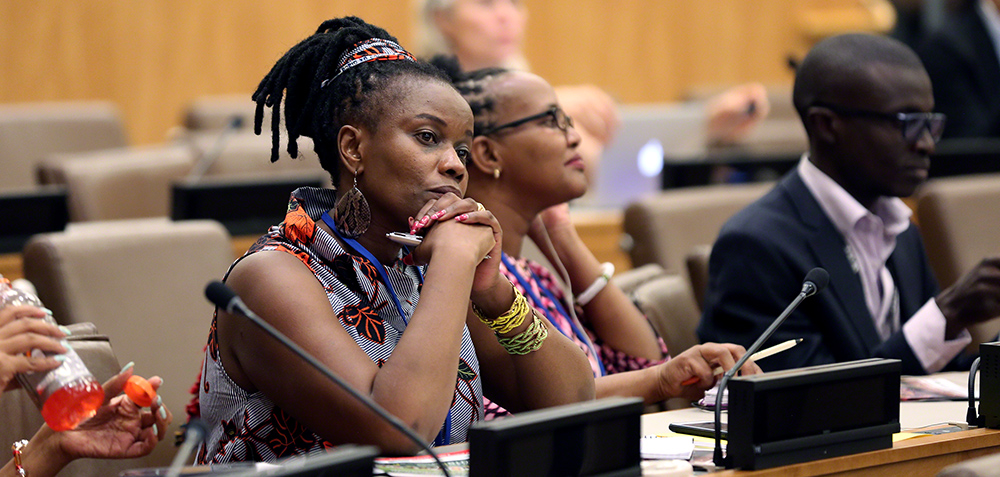
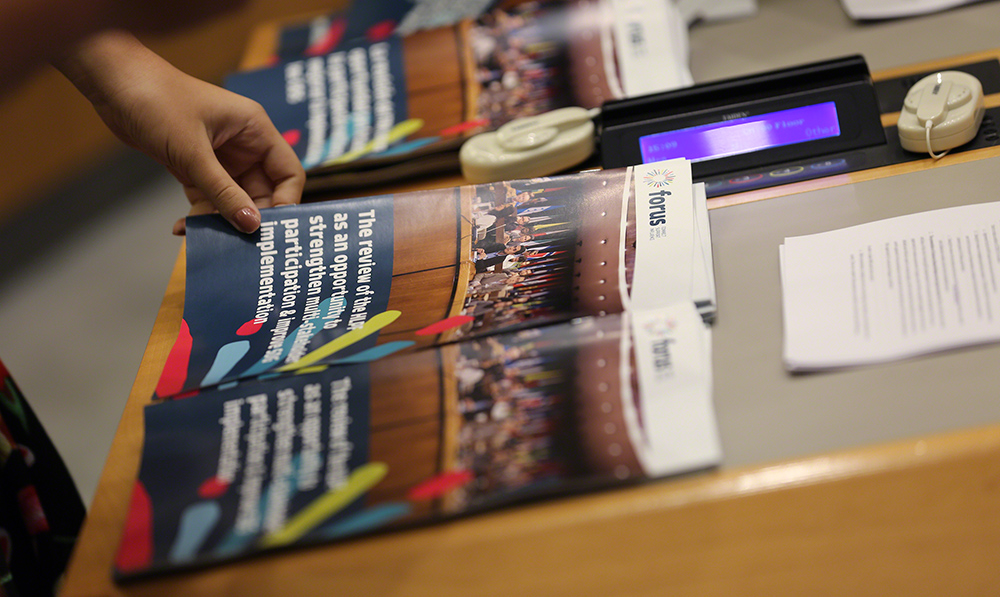
CONTACT
A4SD | oli.henman@action4sd.org
TAP network | romano@tapnetwork2030.org
Together 2030 | margie.simo@together2030.org
Forus | sanaa@forus-international.org
MORE INFORMATION
https://www.together2030.org/2019/05/13/principles-paper-for-hlpf-review/
Water, crucial to achieve the SDGs under review at the HLPF 2019
Presented by the Federal Ministry for the Environment, Nature Conservation and Nuclear Safety of Germany, Republic of South Africa, UN Water, UN Educational, Scientific and Cultural Organization (UNESCO), Global Water Partnership (GWP)
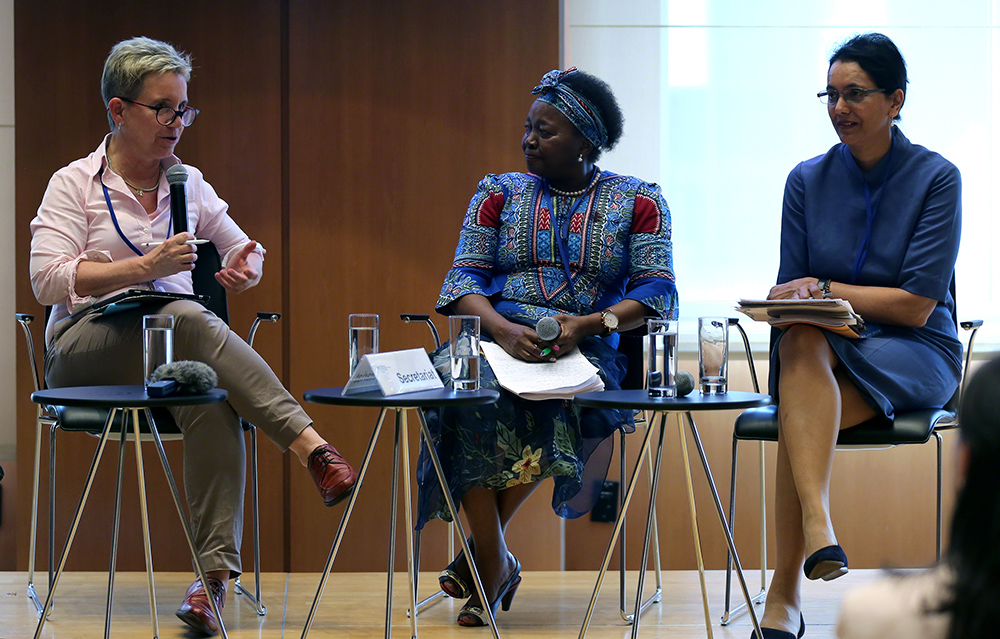
Key messages:
- The water crisis needs urgent attention and coordinated action;
- Disparities in water, sanitation and hygiene (WASH) access, quality, and affordability persist within and across countries, with billions being left behind, especially marginalized and poor populations, women, and those affected by conflicts and migration;
- Reliable water supplies are necessary for productivity and job security, especially in agriculture and for farmer’s livelihoods in least developed countries; and
- Good water governance facilitates sustainable socioeconomic development.
This side event focused on the critical role of water in the realization of the Sustainable Development Goals (SDGs) under review at the 2019 High-level Political Forum for Sustainable Development (HLPF 2019). Panelists showcased how SDG 6 (clean water and sanitation) provides a unique opportunity to accelerate progress on the 2030 Agenda for Sustainable Development and considered the central role of water in: advancing human rights; reducing poverty and inequality; and enabling peace and justice.
Event Summary:
In a keynote speech, Shamila Nair-Bedouelle, UNESCO, illustrated how SDG 4 (education) and water are linked, noting that access to adequate WASH and Menstrual Hygiene Management infrastructure reduce absenteeism of both educators and students, minimize the transmission of diseases, and favor inclusion and dignity, improving enrolment and educational outcomes. She also stressed that WASH is critical for a productive and healthy workforce. On SDG 10 (reduce inequalities), she recalled how marginalized populations often pay relatively more for lower quality water and less reliable WASH facilities, which increases inequalities (SDG 10). Nair-Bedouelle added that climate change increases risk of social and economic instability, noting that, by 2025, 32% of Africa’s population is projected to be water-stressed. She recommended the following priority actions: increasing water use efficiency in all sectors; managing freshwater withdrawals sustainably; and protecting and restoring water-related ecosystems.
Monika Weber-Fahr, Global Water Partnership (GWP), moderated a panel discussion on accelerating integrated action at regional and country level, inviting panelists to debate best practices and share their views on key bottlenecks for integrated action between SDG 6 (water and sanitation) and all SDGs.
Panelists highlighted that breaking the silos of water management remains a priority for action and that data management on water and sanitation must be improved, especially in the developing world. They also noted the absence of appropriate cooperation with local communities to understand their water management priorities.
On key bottlenecks for enhanced water security, panelists mentioned the current artificial value of water and lack of technologies in developing countries for water management, purification and sanitation, as well as the lack of indicators.
Event conclusions:
The side event demonstrated the crosscutting importance of water and sanitation in achieving the SDGs. Panelists argued that understanding the interlinkages between SDG 6 and other SDGs is critical for increasing policy coherence and effectiveness at regional and national scales, and for facilitating integrated implementation of the 2030 Agenda. The discussion suggested that water diplomacy is a promising strategy to promote synergies, highlighting that water is an instrument of peace and that collaboration is a sign of leadership.
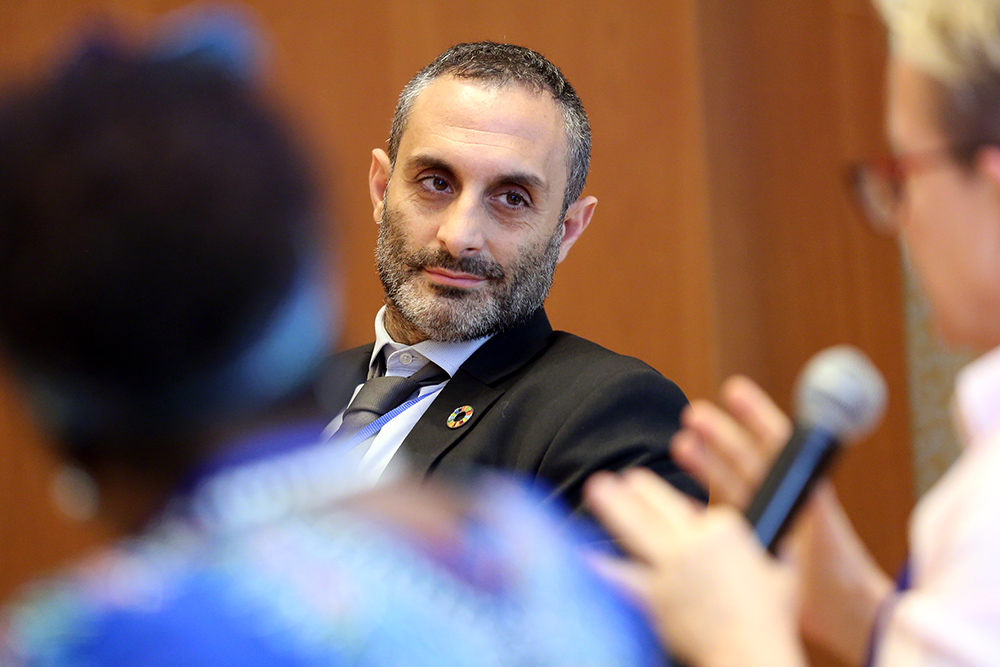
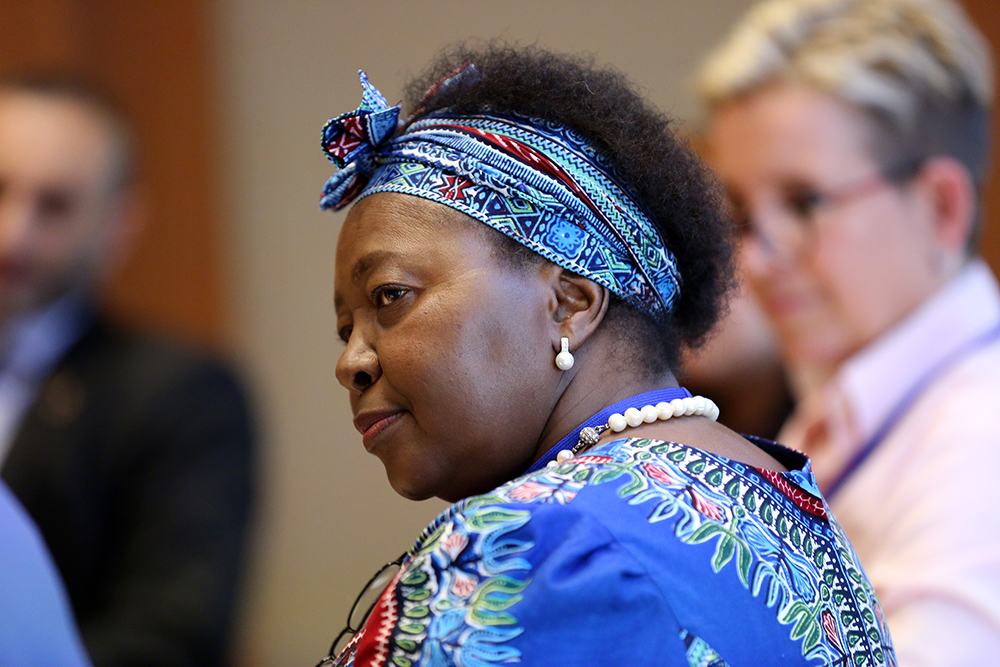
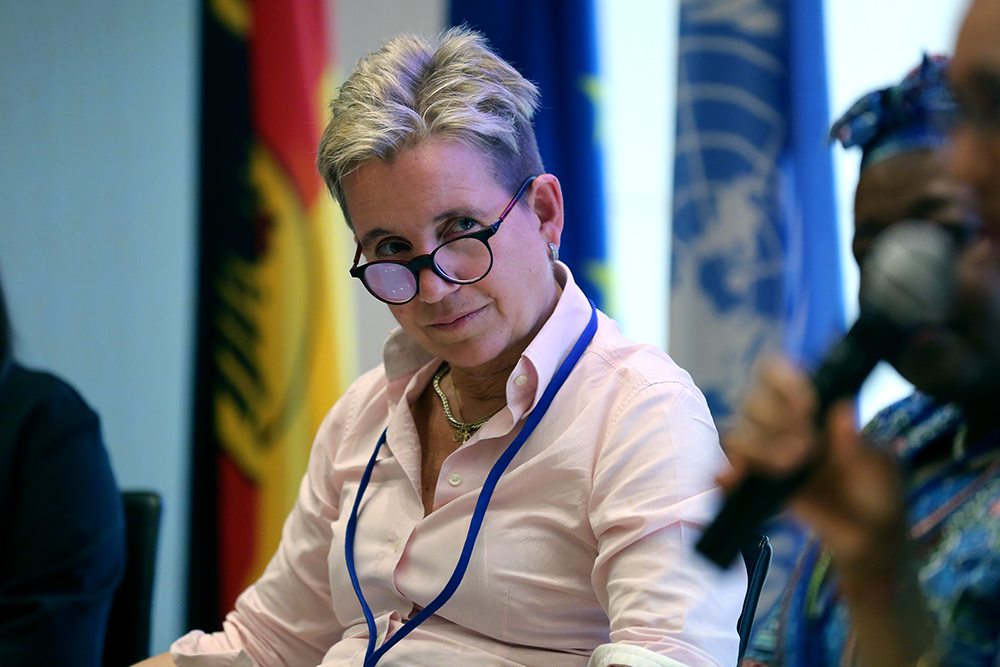
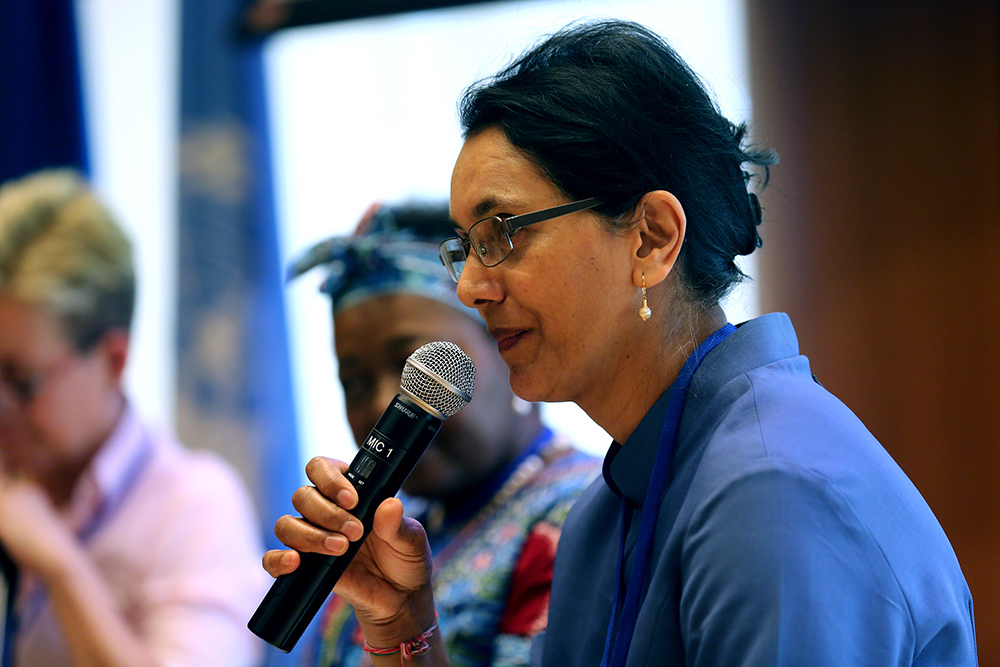
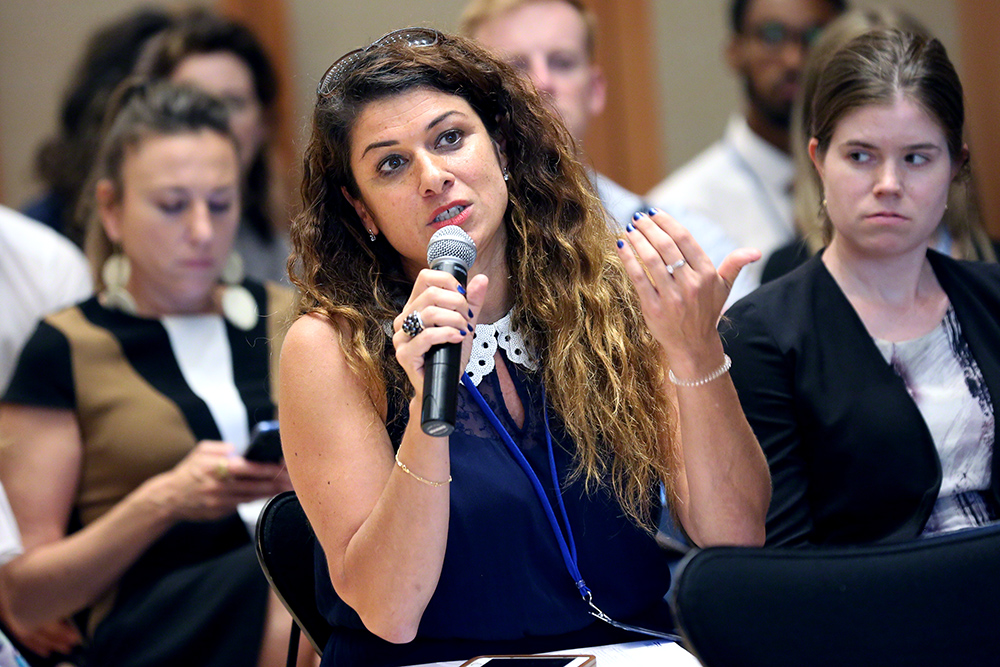
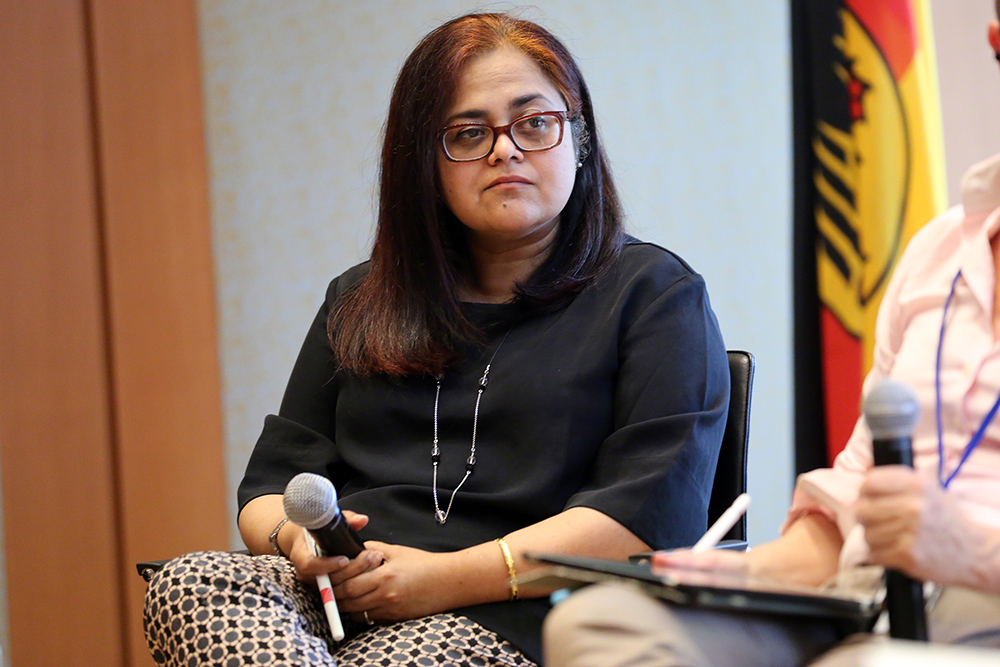
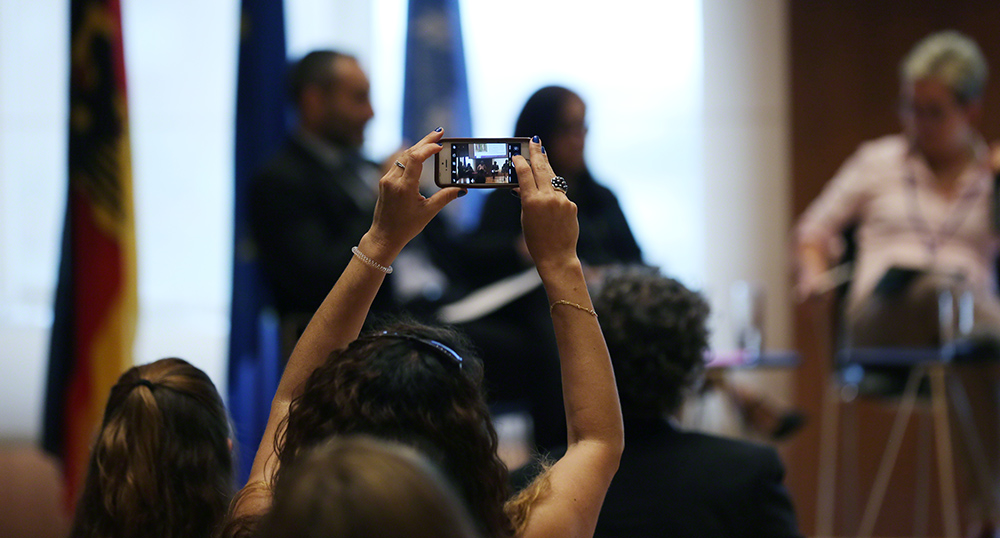
CONTACT
Verena Klinger-Dering | verena.klinger-dering@diplo.de
MORE INFORMATION
https://sustainabledevelopment.un.org/content/documents/24132HLPF_invitation_agendas_vs7_11july.pdf